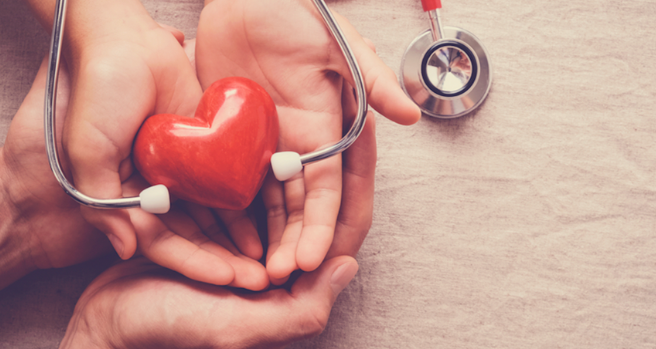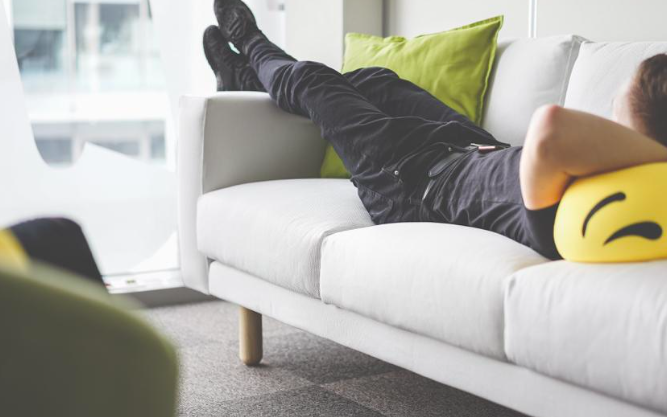On days when I am tired, I often take a nap during lunch or break. It is commonly thought that a nap after meals can have an adverse effect on health, but it also has a health effect. Learn about the unexpected health effects of napping.

◇ Siesta Increase Efficiency
Taking a nap is a daily routine in various countries, including Italy and Greece. In particular, Spain has a "Siesta" custom of taking a nap between 1 and 2 p.m. from a long time ago because it considers taking a nap as a special culture. "Siesta," which means "nap" in Spanish, is a tradition that has been practiced to increase the efficiency of work in countries along the Mediterranean coast where the sun is hot during the day. In addition, according to the National Sleep Foundation, one-third of American adults take regular naps. In fact, naps have various health effects as well as work efficiency, as follows.
◇In addition to improving memory, it also
▶Concentration

Coffee nap, which you sleep right after drinking coffee, helps improve concentration. Caffeine in coffee doesn't start to wake up until about 20 minutes after it enters our body. Therefore, if you take a nap immediately after drinking coffee, fatigue substances such as adenosine disappear as the brain rests, and after 20 minutes, caffeine acts on receptors that cause fatigue, resulting in a wake-up effect. According to a study by the Loughborough Sleep Research Center in the UK, the group that practiced coffee napping made fewer mistakes when driving virtual than the group that took a nap or drank coffee only. However, it is appropriate to try coffee bean sprouts once or twice when you are tired rather than making it a habit.
▶ Memory

Taking a nap helps improve long-term memory. This is because the hippocampus, which organizes new information while taking a nap, moves the information to long-term memory. According to a research team at the University of Zarant in Germany, a 45-minute nap can increase memory by up to five times. This is because certain brain waves that help improve memory are activated during sleep.
▶ Change of mood

Taking a nap is also effective for changing mood. This is because napping helps relieve stress and relax. Excessive naps can cause sleep disorders, but moderate amounts of naps help relieve fatigue. In particular, a 20-minute nap increases the production of serotonin hormones that control mood and controls the biological rhythm so that fatigue and nerve excitement in the body do not accumulate. According to a study by the University of California in the U.S., naps readjusted the sensitivity of the brain and helped control emotions.
▶Heart health

Nap is also effective in preventing cardiovascular diseases. This is because short naps after lunch reduce the risk of heart disease by reducing the rapid increase in blood sugar after meals. According to a study conducted in China in 2019, those who took a nap every day had a lower risk of cardiovascular disease than those who did not. In addition, a study in Athens found that people who took a 30-minute nap every day were 30 percent less likely to have a heart attack than those who did not. Stress decreases while taking a nap, reducing the risk of heart attacks caused by stress.
◇10-20 minutes nap is the best

It is best to take a nap for 10 to 20 minutes. Sleeping for a short period of time prevents you from falling into deep sleep and allows you to work smoothly after waking up. Also, if you sleep with your upper body slightly upright rather than lying on the floor or sofa, you can sleep deeply. Stretch the back with the chair tilted back about 130°, and support the neck with a thick towel or neck pillow to prevent strain on the spine. After taking a nap, massage the neck and shoulder muscles that have hardened while sleeping to prevent tension headaches that may occur during sleep.
'Life, Food, health, diet' 카테고리의 다른 글
| Potatoes, sprouts are dangerous? You can't eat it even if it changes like this (0) | 2022.05.04 |
|---|---|
| a pain-reducing sleeping position (0) | 2022.05.04 |
| wisdom in life (0) | 2022.05.03 |
| The "unexpected" reason why dandruff occurs even if you wash your hair often (0) | 2022.05.03 |
| 6 Plants Effective for Insomnia (0) | 2022.05.03 |